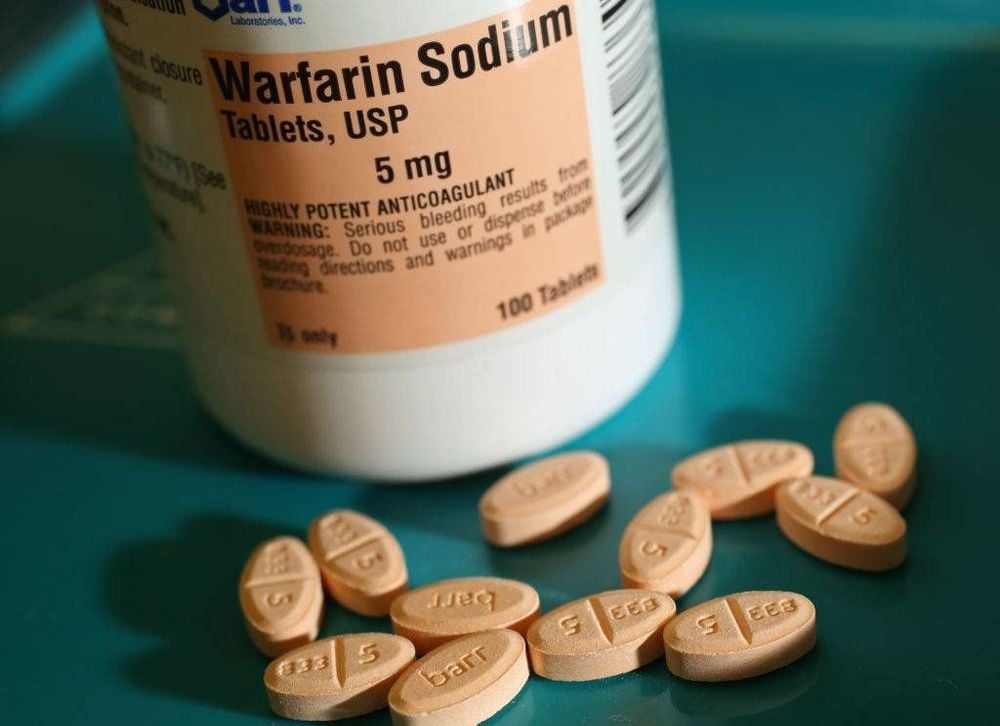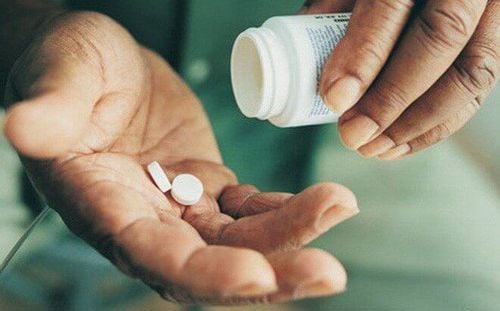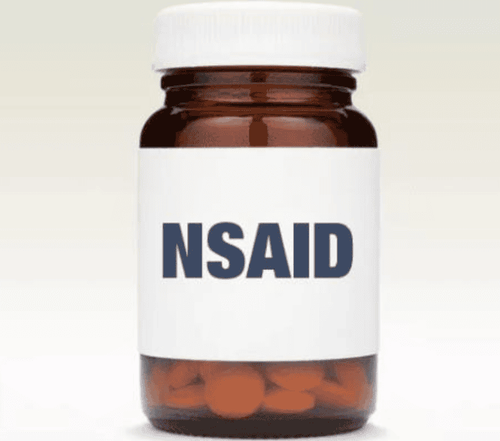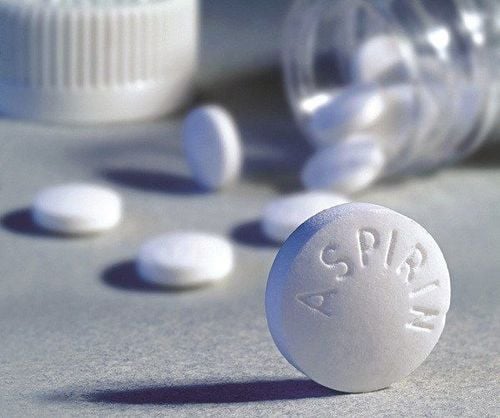This is an automatically translated article.
Aspirin has long been used primarily as an anti-inflammatory and pain reliever. Today, taking low-dose aspirin also helps prevent cardiovascular events and stroke risk in people who already have a history. However, others need to weigh the benefits and risks before applying aspirin therapy.1. Overview of aspirin
High-dose aspirin is an anti-inflammatory and pain reliever, while low-dose aspirin can inhibit platelet aggregation. This is a type of blood cell that plays a key role in blood clot formation. Therefore, low-dose aspirin is widely indicated for the prevention of cardiovascular events in high-risk individuals.
According to statistics, every year aspirin therapy can save the lives of millions of people at risk of stroke and cardiovascular diseases. The drug also limits the recurrence rate in patients who have experienced cardiovascular disease and stroke in the past. Many Heart Associations around the world recommend that doctors prescribe aspirin for this group of people.
However, daily aspirin use does not guarantee absolute safety. Therefore, patients and doctors should carefully weigh the benefits and risks. Some factors that may affect aspirin therapy are:
Liver disease Kidney disease Stomach ulcers Gastrointestinal bleeding disorders or bleeding disorders Allergy to aspirin Use of alcoholic beverages ...

Aspirin liều cao chỉ được chỉ định bởi bác sĩ có nhiều kinh nghiệm lâm sàng
2. Can taking 1 aspirin a day prevent heart attack or stroke risk?
Scientific evidence shows that taking a daily aspirin can help prevent a heart attack or risk of stroke in some people, but not all. However, this habit can also cause unwanted side effects.
According to the Food and Drug Administration (FDA), you should only use daily aspirin therapy after consulting your doctor, fully weighing the benefits and risks.
3. Who can benefit from taking aspirin?
Since the 1990s, clinical data have shown that in people who have experienced a heart attack, stroke, or have disease of the blood vessels in the heart, taking a low daily dose of aspirin can help prevent this condition. This condition recurs. Dosages range from 80 milligrams (mg) in low-dose tablets to 325 mg in regular tablets. Indications for the use of such drugs are called “secondary prevention”.
However, after careful examination of scientific data from large studies, the FDA has concluded that people who have not had a heart attack, stroke, or other cardiovascular problems should not take aspirin on their own. in a preventive manner. In these subjects, the benefit is not clear, while risks are present, such as very dangerous brain or stomach bleeding.
4. Be careful with blood thinners other than aspirin
A heart attack is caused by one of the coronary arteries (which supply blood to the heart), which has developed a blood clot, which interferes with the flow of blood and oxygen to the heart. Aspirin works by interfering with your blood clotting.
Therefore, caution should be taken when taking aspirin with other blood thinners, such as warfarin, dabigatran (Pradaxa), rivaroxaban (Xarelto), and apixaban (Eliquis).

Warfarin cũng là một trong danh sách các thuốc làm loãng máu cần thận trọng khi dùng
5. Other notes when taking aspirin
For people without heart disease or stroke, but with a family history or high risk of arterial disease, clinical data do not show benefit, safety, and effectiveness when taking aspirin daily for prevent disease.
However, several large-scale clinical studies are ongoing to further investigate the use of aspirin for primary prevention of heart attack or stroke. The FDA will monitor these studies and continue to examine the evidence as the results become available.
In conclusion, daily aspirin therapy is of great interest in people who have had a heart attack, stroke, or other cardiovascular problems. If you are thinking of taking this medicine every day, consult your doctor first to make the right decision.
It is important to health and safety that the dose and frequency of medication be used appropriately. A healthcare professional can tell you how to take aspirin for maximum benefit with minimal side effects.
If your doctor directly recommends that you take a daily aspirin to reduce your risk of stroke and heart attack related to blood clots, read the label carefully to make sure to take the product exactly as directed. There are some types of aspirin combined with pain relievers or other ingredients that should not be used for long-term treatment.
The benefits that aspirin brings to health are undeniable, but the use of the drug should be according to the prescription of a specialist doctor, the self-use or combination of the drug with many other drugs. There are always many risks to the patient's health.
Currently, Vinmec International General Hospital has implemented a general health checkup package performed by a team of qualified doctors with many years of experience. liver function, kidney function, blood, blood pressure measurement, cardiovascular check... to detect health abnormalities in order to advise on the most effective drug use.
Please dial HOTLINE for more information or register for an appointment HERE. Download MyVinmec app to make appointments faster and to manage your bookings easily.
Reference source:.fda.gov












